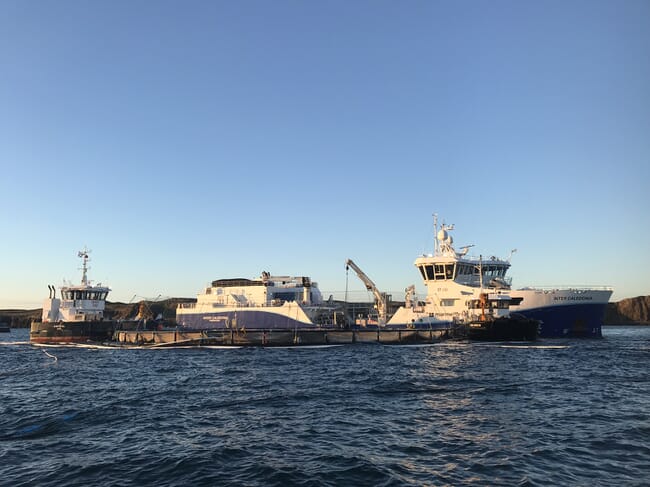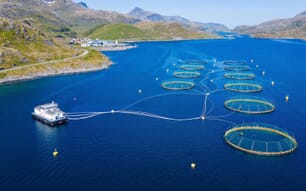The SSPO has been working with SEPA and Marine Scotland to determine pragmatic ways for farmers to manage sea lice with due regard for the environment at a time when salmon farms are protecting workers’ health by reducing the workforce to minimum levels while keeping a supply of fresh, healthy fish in the UK food chain.

Bath treatments – in tarpaulins or wellboats – will be permitted over a shorter time period, with higher peak concentrations, although there will be no increase in the overall quantity of medicines used. This will allow workers to move around the farms more quickly.
SEPA has also, SSPO explains, "permitted the use of appropriate levels of the in-feed sea lice treatment Slice on a small number of sites that are not currently able to use enough of this medicine to administer an effective treatment."
Anne Anderson, sustainability director for SSPO, said: “The absolute priority is protecting public health and companies are keeping staffing levels as low as possible and adopting government advice. At the same time, the sector has a responsibility to keep fish healthy and follow regulatory protocols and we are pleased that SEPA and Marine Scotland have worked with us to find a suitable balance between protecting workers’ health and good standards of fish health and environmental management.
“As the pandemic continues we will work closely with SEPA and other regulators and organisations to ensure that they are well informed about actions taken on farms and to anticipate any further changes that may be needed in the future.”
SEPA’s update on the regulatory position on medicines can be accessed here.




